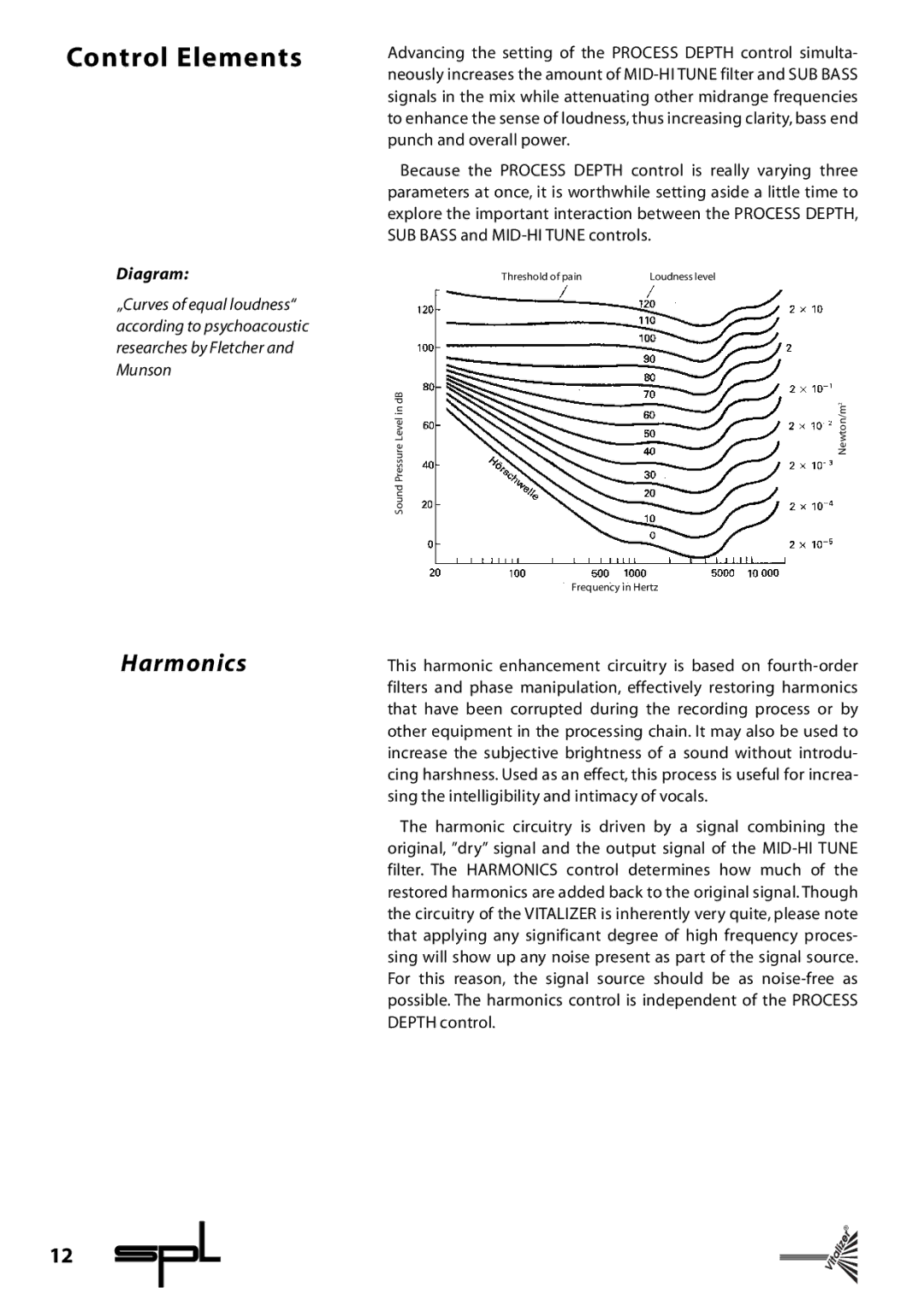9215 specifications
The Sound Performance Lab 9215 is a cutting-edge audio processor that has garnered attention in professional recording studios and live sound applications alike. Known for its high-quality sound manipulation capabilities, the 9215 is designed to meet the rigorous demands of modern audio production.One of the standout features of the 9215 is its innovative approach to dynamic processing. It combines several processing algorithms that allow users to achieve incredible detail and clarity in their sound. The unit is equipped with a high-performance DSP (Digital Signal Processor) that ensures precision and low latency, making it suitable for both real-time monitoring and post-production applications.
The 9215 includes a versatile set of controls, making it user-friendly for both seasoned audio engineers and newcomers. Its intuitive interface allows for quick adjustments, with clearly labeled parameters that facilitate easy tweaking of sound characteristics. Control over threshold, ratio, attack, and release settings ensures that users can finely tune their audio to fit the style and context of their projects.
Another remarkable feature of the 9215 is its advanced metering capabilities. With high-resolution displays, users can monitor levels and gain reduction in real time, which aids in achieving optimal sound quality. The metering system helps professionals maintain a clear visual representation of their audio signal dynamics, ensuring that they stay within desired parameters throughout the mixing process.
The 9215 employs advanced algorithms that enhance audio fidelity without introducing unwanted artifacts typically associated with dynamic processing. This technology is particularly beneficial for genres requiring intricate soundscapes, where maintaining clarity is paramount. Additionally, the unit offers an array of presets tailored to various styles of music, making it easier for users to find a starting point for their sound design.
Another significant characteristic of the 9215 is its compatibility with various audio formats and protocols, ensuring it can integrate smoothly into any setup. It supports digital and analog inputs and outputs, enhancing its versatility in both studio and live environments. This feature, coupled with rugged build quality, makes the 9215 not just a tool for sound shaping but a reliable companion in the audio production process.
Overall, the Sound Performance Lab 9215 is a powerful audio processor that combines sophisticated technology with user-friendly operation, setting a new standard for dynamic processing in the audio industry. Its range of features and capabilities makes it an essential piece of equipment for any serious audio engineer or musician seeking to elevate their sound.

